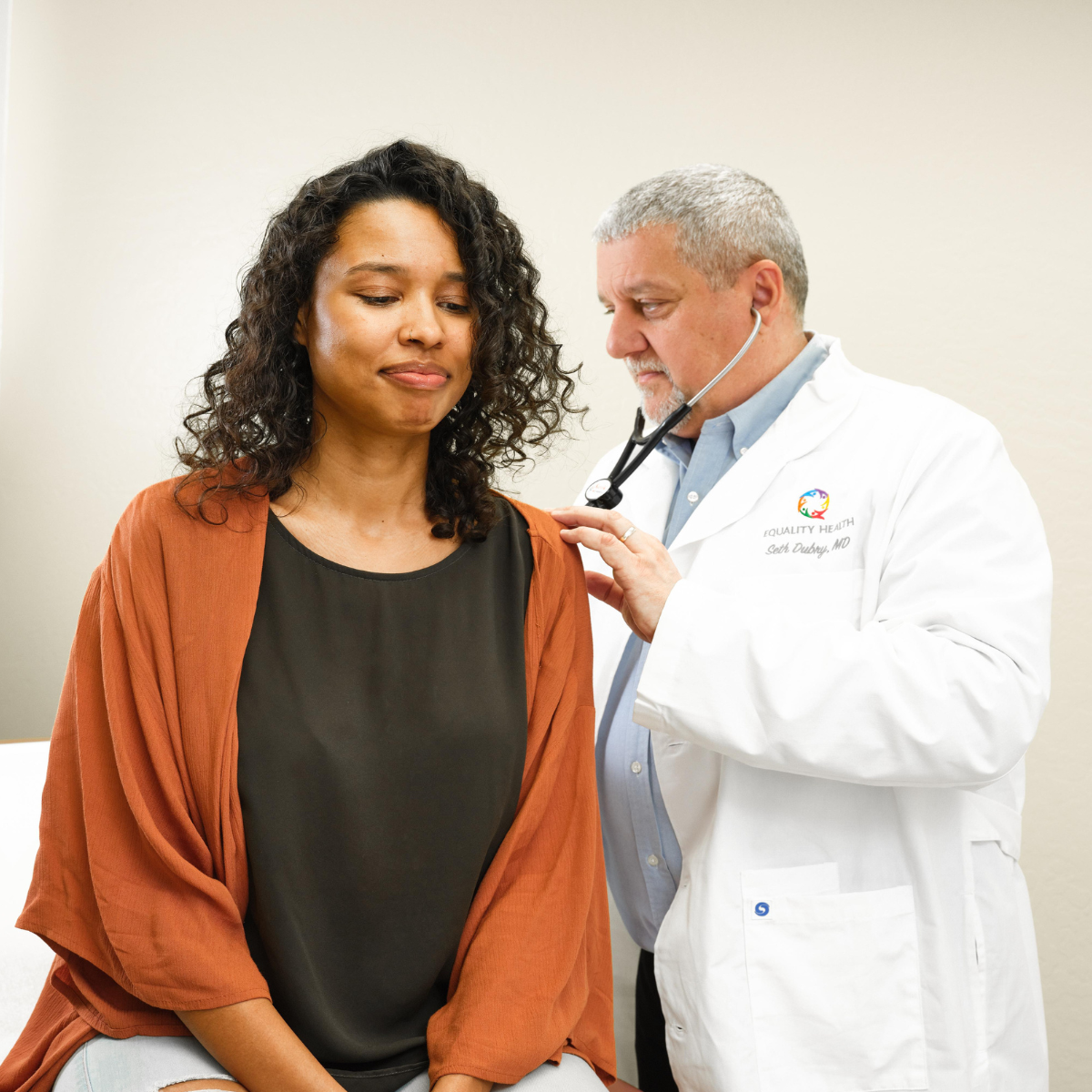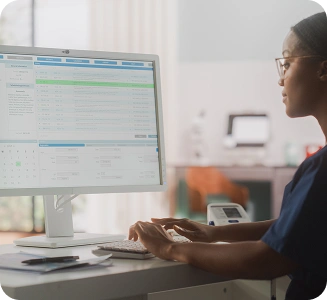As seen on the American Academy of Nursing
As coronavirus cases have surged throughout Arizona in recent weeks, Anabell Castro Thompson, MSN, APRN, ANP-C, FAANP, FAAN, has been instrumental in implementing a culturally competent care model to reduce health inequities by improving access and trust within underserved communities in her role as Senior Vice President of Health Equity at Equality Health.
Equality Health, through support of its foundation, is providing coronavirus testing, education, care, and access to vital resources to community members and partners in areas impacted the hardest, particularly in the greater Phoenix region. During the pandemic, the organization has been hosting free COVID-19 drive-thru testing events to provide the predominantly Latinx communities of Central and West Phoenix access to quality services. Ms. Thompson shared, however, that the services go beyond testing. In addition to conducting COVID-19 tests, the Equality Health Cultural Care Model ensures individuals also receive education on self-isolation and preventive measures to keep their families safe (the information is both culturally and language appropriate), access to Equality Health’s network of over 4,500 providers, and connection to social resources such as rental and utility assistance, internet access, and food security programs to name a few. Additionally, the organization deployed free telehealth technology to its medical and behavioral health network providers to ensure that they could offer telehealth services during the pandemic.
The success of the initial drive-thru event prompted the City of Phoenix and City of Glendale, Sonora Quest Laboratories, and other local organizations to partner with Equality Health to launch additional testing events. Ms. Thompson noted that one of the first events they offered was scheduled to be conducted over a four-hour period and they expected to test 500 individuals. The event went on for twelve hours and provided testing to over 1,100 people. After waiting in the Arizona heat for hours, one of the last cars in line was a mother-son pair who had driven an elder member of their community to get tested because he had been experiencing COVID-19 symptoms. “Doing this kind of work, seeing their gratitude and appreciation, shows that there are sectors of our population that are forgotten,” said Ms. Thompson. “This experience was a reminder of the important work we are doing and the work we have ahead.”




